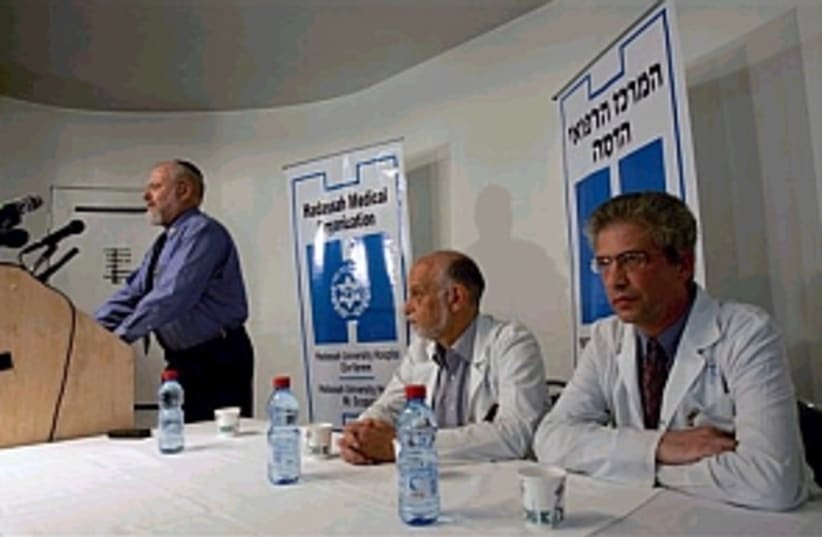| More about: | George W. Bush, Benjamin Netanyahu, Yitzhak Shamir, Ariel Sharon |
Medical striptease
Sharon is a private man, but this was hardly his first hospitalization.


| More about: | George W. Bush, Benjamin Netanyahu, Yitzhak Shamir, Ariel Sharon |